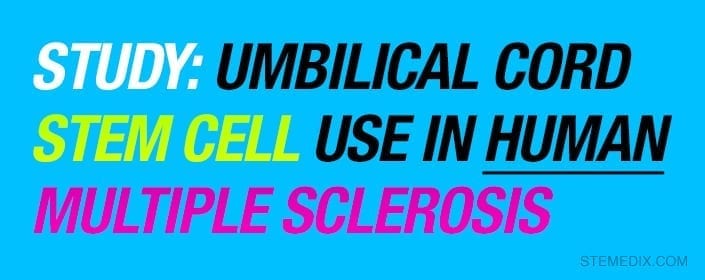
Reviewing Progress in Research Aimed at Understanding How Stem Cells Could Help Those with Diabetic Kidney Disease
Diabetic kidney disease often occurs in those with diabetes mellitus, even when they are undergoing normal diabetes treatment. Given the success that has been seen with a number of stem cell therapies and the lack of highly effective treatment options for diabetic kidney disease, much effort has been focused on determining if and how stem cells could be applied to this disease. In a recent review published in Current Diabetic Reports, researchers reviewed the progress that has occurred thus far in the work toward a potential stem cell therapy for diabetic kidney disease.
Diabetic kidney disease is complex because it involves problems both within the kidney, as well as more systemic issues that arise throughout the body. Because of its complexity, effective treatment is challenging. One way the disease has been treated is by inhibiting a hormone system, called the renin-angiotensin-aldosterone system, which regulates blood pressure in the arteries and the concentration of plasma sodium. When the system is too active, blood pressure increases, so inhibiting the system can help to lower that blood pressure. However, drugs for targeting other features of diabetic kidney disease have not yet proved to be significantly useful.
The type of stem cell that is particularly promising for use in diabetic kidney disease is the mesenchymal stem cell. Mesenchymal stem cells are easy to access and inherently possess some of the characteristics that would prove useful in treating kidney disease, including working to reduce inflammation protect cells. Preclinical studies have shown promising results in using mesenchymal stem cells to slow the progression of diabetic kidney disease. Clinical trials are currently underway to help determine if these cells can indeed help those with diabetic kidney disease and to additionally help to develop specific protocol for applying stem cell treatments in this disease.
Meanwhile, basic science research continues to be undertaken to help elucidate the mechanisms by which stem cells may impart benefits on those with diabetic kidney disease. Understanding the mechanism of action could help inform the development of specific therapies and efficiently end routes of investigation that are unlikely to be fruitful.
Studies have shown that stem cells can be useful for treating kidney disease. Read about it here.
Reference


 St. Petersburg, Florida
St. Petersburg, Florida
